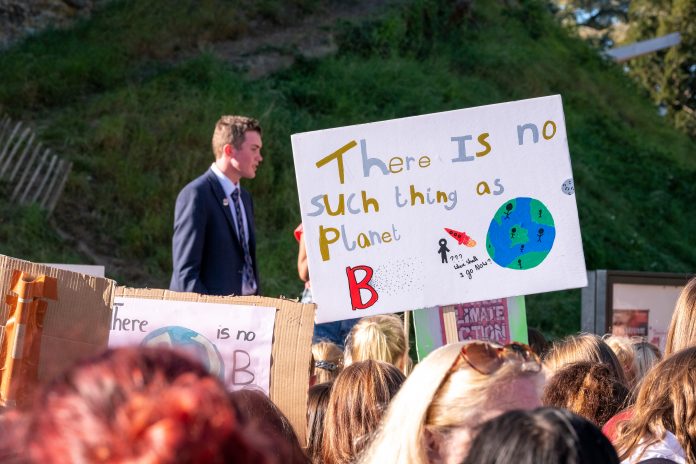New research has proposed a long-term target to reduce species extinction rates, with an objective of a more natural rate of fewer than 20 extinctions per year
The paper, recently published in Science, suggests that the next set of extinction goals and targets should include a strong focus on required outcomes for biodiversity, and should be accompanied by stronger accountability mechanism, if progress is to be made.
Similar to the 1.5C target for climate change, the world needs a single goal for fighting the loss of biodiversity according to conservation experts. The target of fewer than 20 extinctions per year should apply to all known species of plants, animals and fungi, both terrestrial and marine.
Current extinction rates are 1,000 times higher than they would be if humans weren’t around. Therefore, these species extinction targets are vital if we are to avoid a detrimental 6th mass extinction event, which scientists have already said we have entered into.
Achieving targets should ensure that natural systems “continue to function and meet the needs of people and the rest of life on Earth”, said Prof Georgina Mace of UCL, London.
How COVID-19 is affecting progress
The COVID-19 outbreak has highlighted the critical balance between people and nature. Scientists have often warned that close contact with wild animals through trade, hunting or habitat loss puts the world at increased risk of outbreaks of new diseases.
The post-2020 stage has become vital to define an agenda which offers solutions to biodiversity loss. According to the UN, this year was set to be a ‘super year’ for biodiversity, with new goals and targets planned out at the meeting of the Convention on Biological Diversity, the international treaty in charge of producing the global plan for biodiversity.
However, the pandemic has caused the timetable for setting new global biodiversity goals to be thrown into disarray. Conservation scientists have warned that time is running out to deal with the threat of not preserving wildlife.
The biodiversity summit has now been postponed until 2021, along with the UN climate summit in Glasgow.
Dr Michael Harfoot, senior economic modelling scientist for the UN Environment Programme World Conservation Monitoring Centre, explained: “The next decade is a crucial window for reversing biodiversity loss and finding a better balance between people and nature. A new species extinction target which is widely relatable could focus international policy efforts on achieving the positive outcomes we need to tackle the global nature crisis.”
Read the paper here.











